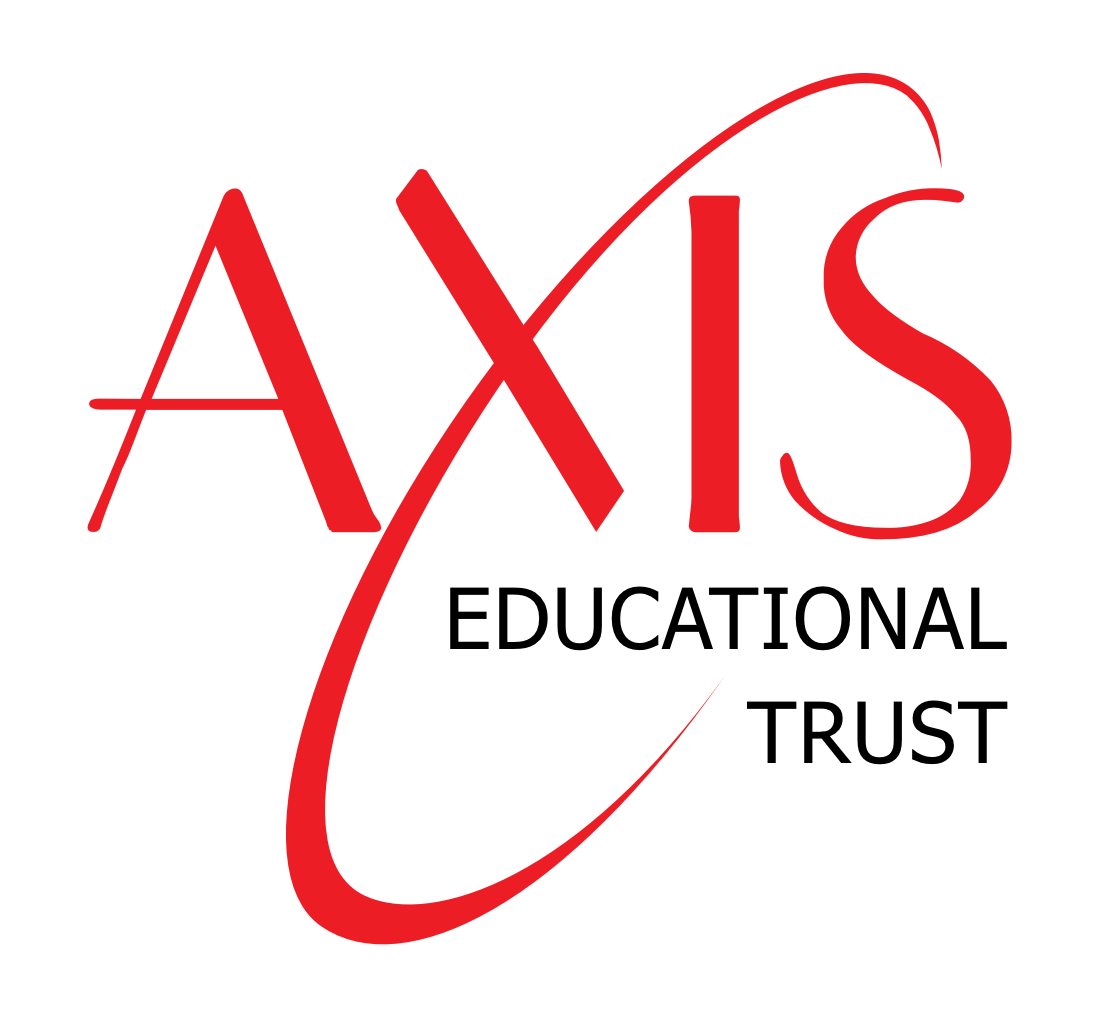How we’re adapting our work in response to the COVID-19 pandemic
With over 150K confirmed cases and £20K deaths in the UK, the COVID-19 pandemic is affecting all our programmes in boroughs which we work. The communities we serve are now faced with multiple challenges – from the risk of contracting the virus itself and its impact on overstretched health services, to the knock-on repercussions from containment measures on health, education and livelihoods systems.
We are adapting our work to respond to these new challenges – both in the immediate and longer-term – while ensuring that we continue to work towards our vision.
Engaging vulnerable communities
One of the most effective ways we can help combat the spread of COVID-19, and limit its impact on NHS, is by building people’s knowledge and awareness. We’re promoting preventative action in communities, including practising good hygiene and social distancing measures, in line with government guidelines and recognised best practice. From posters to podcasts, we’re using a range of channels to reach people with the information they need to stay safe and healthy. We’re working closely with the Local authority action groups to share advice, encouraging people to follow the latest guidelines and raising awareness through community announcements and poster campaigns.
Continuing education
Closures of the Schools and our supplementary schools mean learners are currently out of school. Losing access to formal education – and the opportunities for protection it provides – puts children and young people at increased risk. Our volunteers will work in communities to raise awareness of key issues, such as domestic violence and prioritise activities which provide mental health and psychosocial support for young people. In the long term, interruptions to education can lead to loss of valuable opportunities for young people to develop the skills they need for the future. It’s essential that we continue to support as many children as possible to keep learning throughout this crisis by offering supplementary education remotely.
Reaching the people in need
Our work is always focused on supporting the most vulnerable people in society – but now, more than ever, it’s critical that we take steps to ensure that no one is left behind. We know that crises like this have a disproportionate impact on the most vulnerable groups – including children, young people with disabilities, elderly people, people living in poverty, refugees, abused and neglected children. We are committed to ensuring social inclusion and gender equality as part of all our interventions. We’re ensuring that all the messages we share are not only accurate, but also culturally appropriate, gender responsive and accessible. We’re working with volunteers, community representatives and partner organisations to support people affected by the Covid-19.
Support our response
The communities we work with need our help now more than ever before. Your support could help us reach more vulnerable households with life-saving information, train more community health workers in disease prevention and control, and keep more children learning throughout this crisis.
